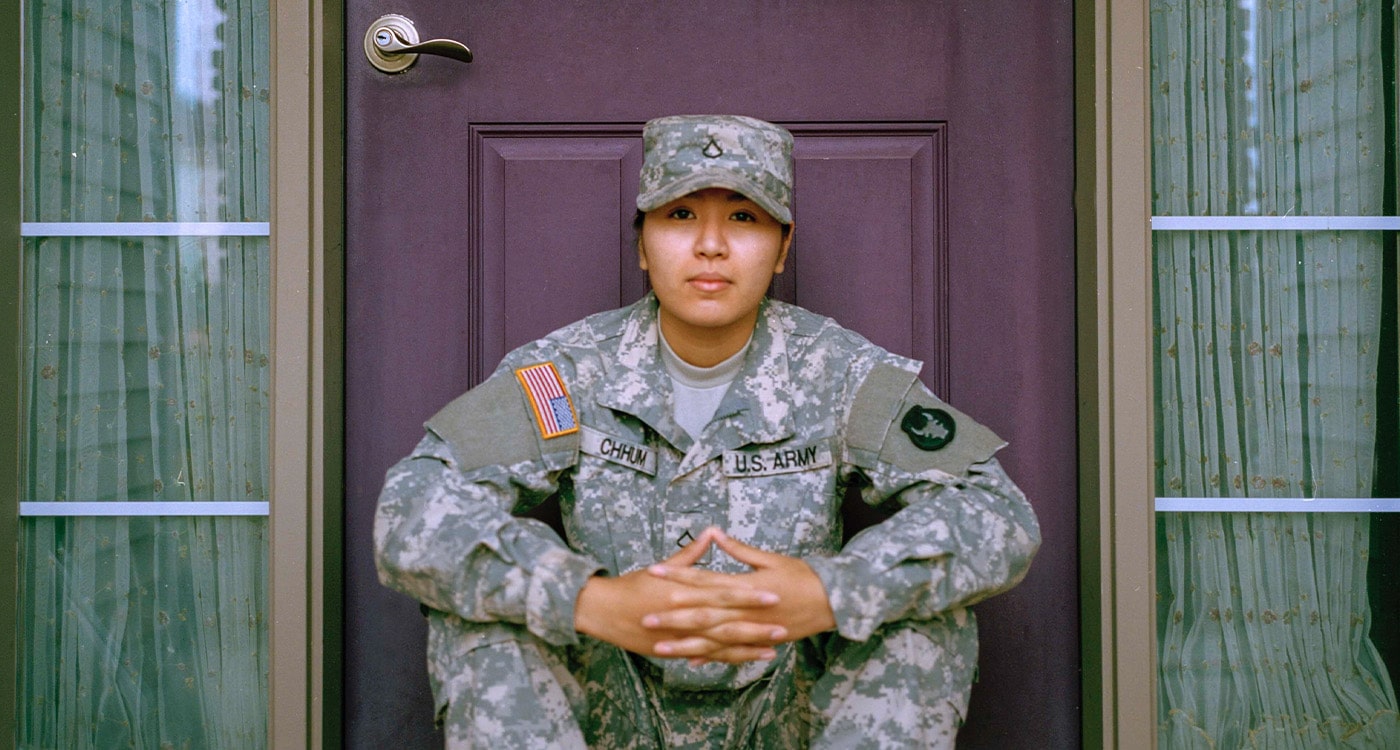
15 Mar TRAINED NOT TO CRY-THE CHALLENGE OF BEING A SOLDIER
by Makayla House, MHA of Kentucky Student Intern
This TED Talk, by dr. Richard Doss, does a great job of highlighting how military culture affects those in the military and how they handle their mental health. Richard Doss, at the time this video was published, worked for the Veterans Administration as a Licensed Clinical Psychologist, was a former Department of Defense Suicide Prevention Program Manager for the United States Army Reserve, and is certified in Applied Suicide Intervention Skills Training (ASIST).
Dr. Ross talks about a man who went from being a talented musician in high school, to becoming a soldier in the United States Marine Corps. During a tour in Afghanistan, the soldier is asked to shoot a kid. When he explains that he cannot do it, he is told to “do what you’re trained to do.” Dr. Ross goes on to indicate that the soldier ends up suffering from PTSD from this encounter.
Further into the video, Dr. Ross explains that there is no correlation between combat experience and military suicide rates. As a matter of fact, military suicide rates are the same among combat-related military occupations and non-combat-related military occupations. This is explained in that, the basic training that all military personnel go through, trains them that showing emotion is a sign of weakness. He explains that there are three primary stressors when it comes to military mental health:
- Relationship Problems
- Financial Problems
- Legal Problems
Dr. Ross explains how the military has adopted the ideology that has led to toxic masculinity. He explains that the training military personnel receive trains them to not ask for help, so they do not do so in the categories previously stated. Dr. Ross explains that it is partially society’s fault for portraying soldiers as invincible. Dr. Ross explains that there are a couple things that every military training takes out of their recruits, while training them to kill:
- Empathy
- Comfort in Being Able to Ask for Help
Dr. Ross explains that, as civilians, we should help military personnel learn how to feel again and to ask, “How did you heal?” Instead of, “Who did you kill?”
If you would like to watch this video for yourself, check it out here:

